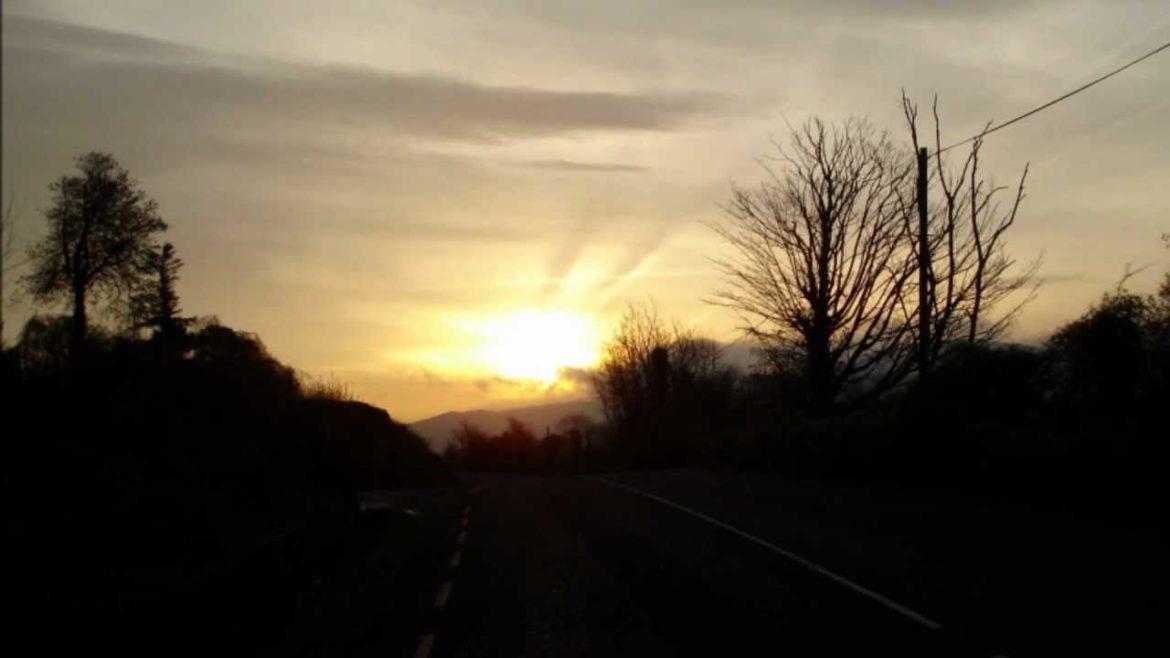Ever hear a song — or songs — that make you want to do something, make you want to dance, sing, cry or smile? We play them at weddings, parties, when our heart is broke, or maybe to empower us to do something we didn’t think we could. Maybe it’s a country song.
What are those songs and who are the songwriters/singers of country music that made an impact on your life? That’s the question Holly Gleason posed to a diverse group of musical women — singers, songwriters and those who write about music — for her recent book, “Woman Walk the Line: How the Women in Country Music Changed Our Lives” (University of Texas Press, 2017, $24.95 hardcover).
Gleason is a Nashville-based music critic, academic and artist development consultant. Her work has appeared in Rolling Stone, the Los Angeles Times and New York Times, among others. She is currently working on her next book, “Even Cowgirls Get the Blues,” an Emmylou Harris biography, which doubles as part of the publisher’s American Music Series.
In “Woman Walk The Line,” fellow author Ali Berlow writes that she found solace from grief in Harris’s “Red Dirt Girl.”
“Part hymnal, the album’s prayers and songs about solitude and losing love helped bring me back to my senses, returned me to awake,” writes Berlow, herself an author and founder of the Island Grown Initiative, which connects farmers and consumers and provides a school lunch program with sustainable elements.
She first heard Emmylou Harris after the death of a dear friend. Harris’ voice, Berlow continues, gave her permission to “mourn for and lament those I loved.” Her voice and music spoke to her soul, she writes.
Author and songwriter Alice Randall is the only black woman to write a No. 1 country song, “XXX’s and OOO’s (An American Girl).” As a young girl in Detroit, she recalls how her father would tell her stories of Lil Hardin, “an invisible black gal at the beginning of the history of recorded country music.” Hardin is the piano player on Jimmie Rodgers’s “Blue Yodel #9.” Hardin was also married to Louis Armstrong.
Hardin, writes Randall, was raised by her grandmother in Memphis. She constructed a life “of creative liberation, inspiring others to follow after her — not in her footsteps, but in her spirit.” That’s the inspiration Randall found in Lil Hardin.
Madison Vain, a music correspondent for Entertainment Weekly, found her life-changing moment(s) in Loretta Lynn, queen of country music. She writes that Lynn’s music gave “thousands of women the permission to insist to their men that if they can’t treat them right, they better get used to treating them as gone.” Lynn’s revelation all happened years before Vain was born, but she found it interesting that a history teacher presented Lynn’s song “The Pill” as revolutionary when it was released in 1975 — 14 years before the correspondent was born.
As she moved into the world of writing and journalism, she’s found truth in Lynn’s songs like “The Pill.”
“It’s about having options and keeping them open,” Vain writes. “I live in a world where Lynn’s songs have always existed. If only everyone could say the same.”
Roseanne Cash offers up a tribute to June Carter Cash, who Roseanne says looked for the best in everyone; and Taylor’s Swift idolizes the “golden” and petite Brenda Lee (no background bio needed on these women).
Entertainment news journalist Nancy Harrison says that like her mom was, Dolly Parton is strong yet feminine, candid but never mean, and the two women made her the woman Harrison is today. “Woman Walk the Line” editor Holly Gleason admits that in her teen years, country was hicksville for a city girl like her. But in a weak and on-sale moment she bought a copy of Tanya Tucker’s “TNT” album. Over the years, Tucker, to Gleason, proved to be a lesson in resilience, to keep going up the ladder and do what you want to do.
“Woman Walk the Line” is filled with 27 stories like these about how country music changed a life.
For me, it was a journalism/writing workshop where the instructor used country music as an example of how to tell a story, with color, in a few words. Johnny Cash’s “Don’t Take Your Gun To Town” was the star example. But it was Alan Jackson’s “You Don’t Have to Paint Me a Picture” that sealed the deal for me to keep writing and to keep listening to country music.
So, the question must be asked: Who is the man or woman in country music that changed your life?

